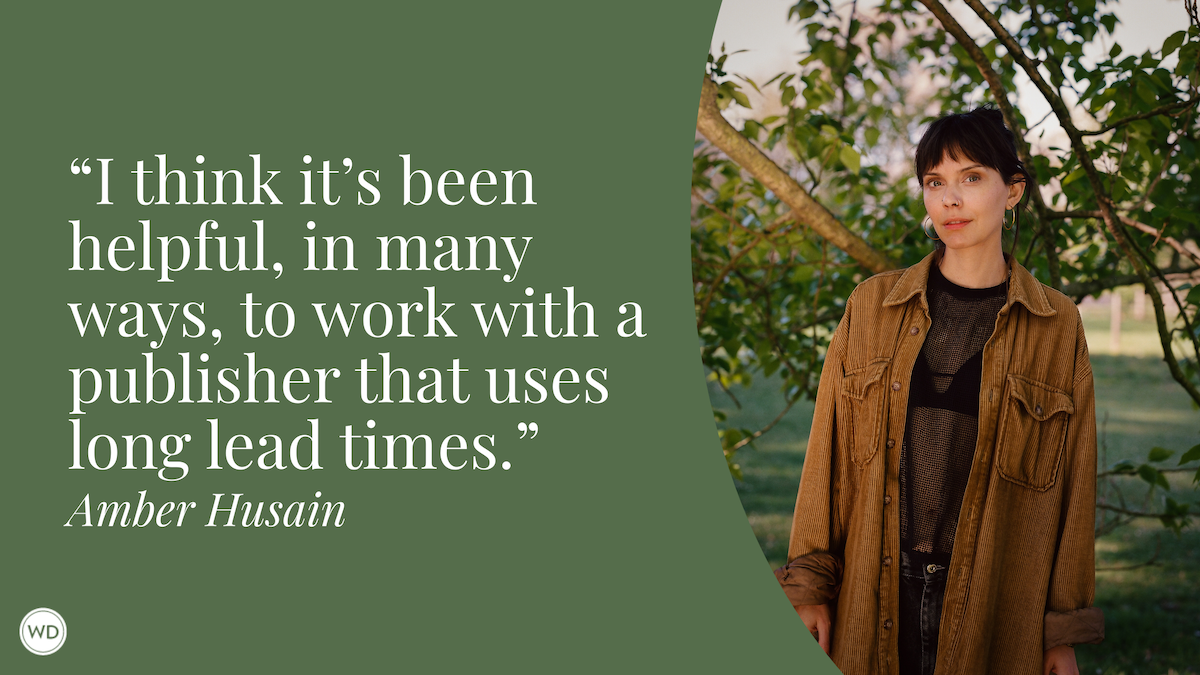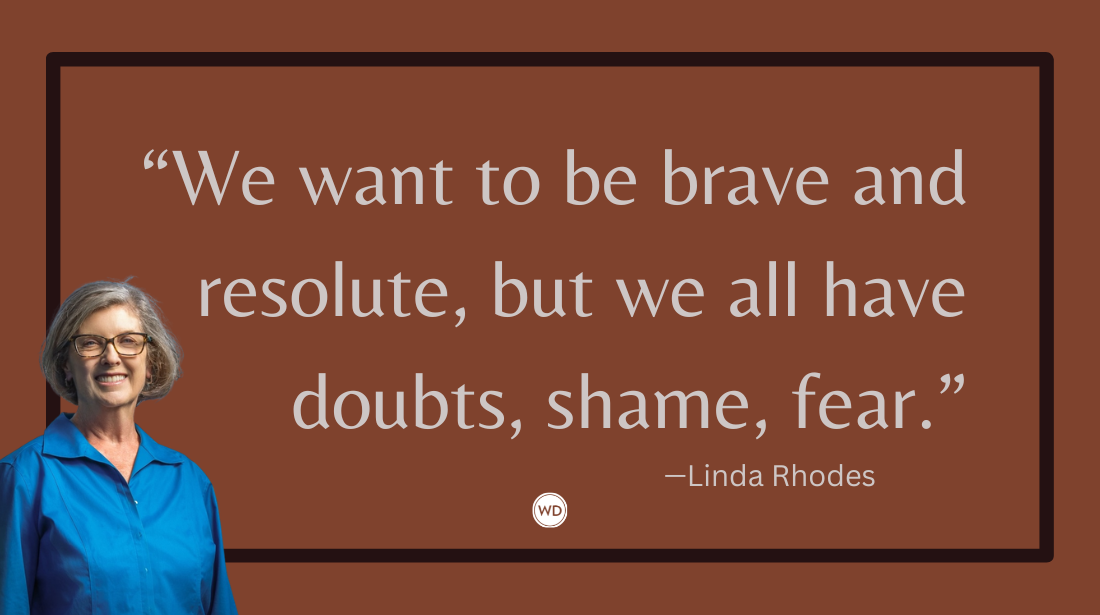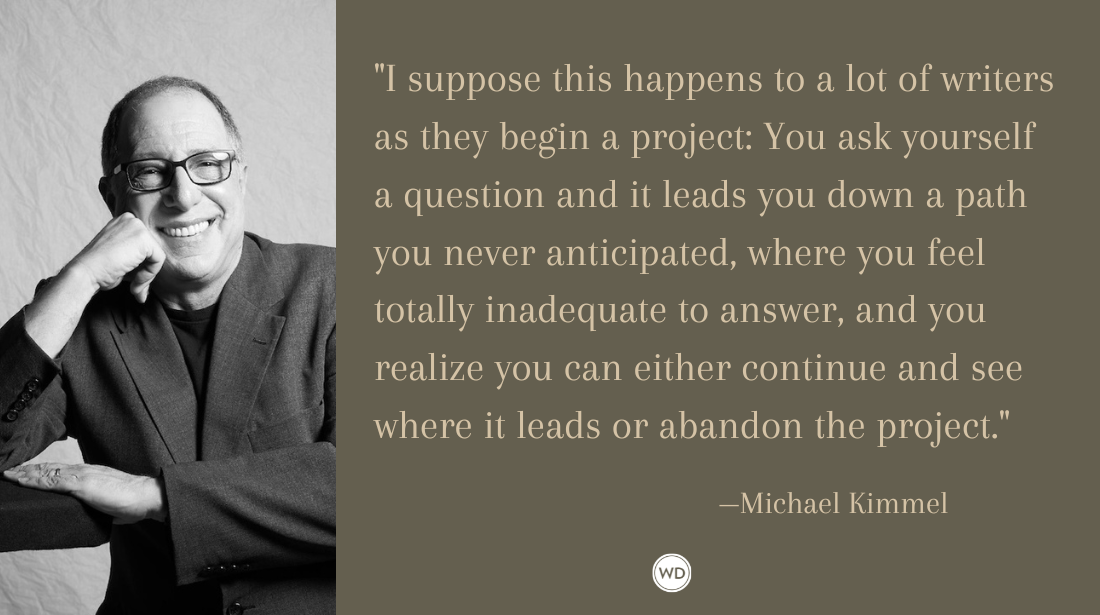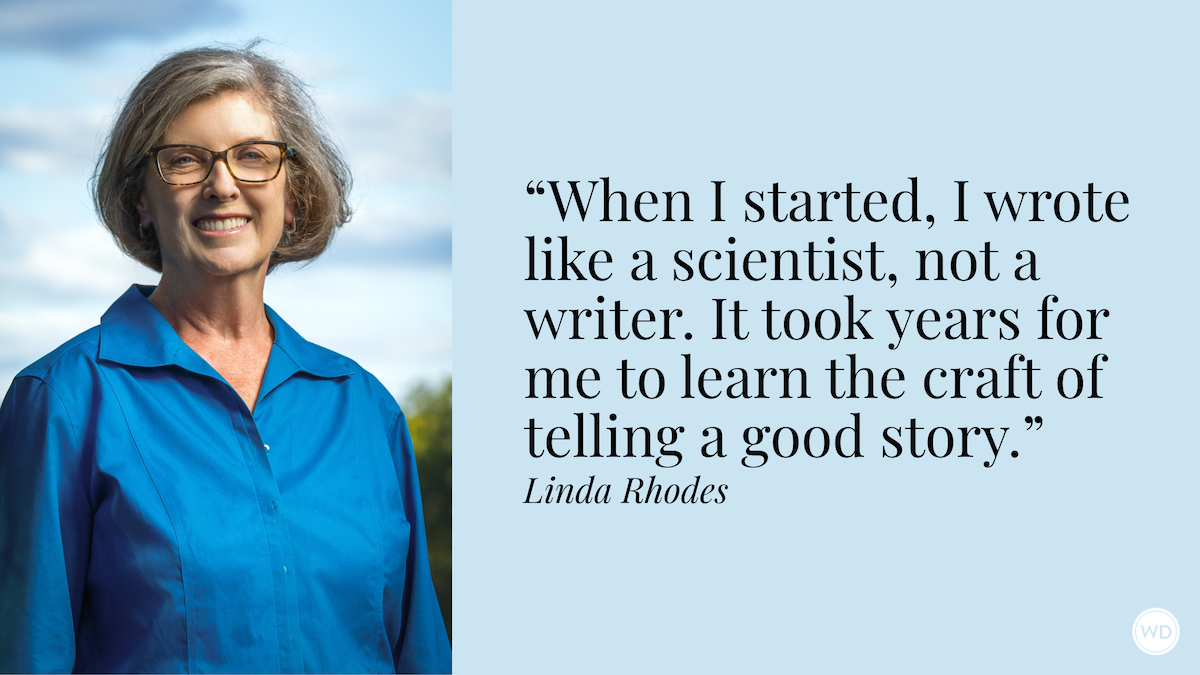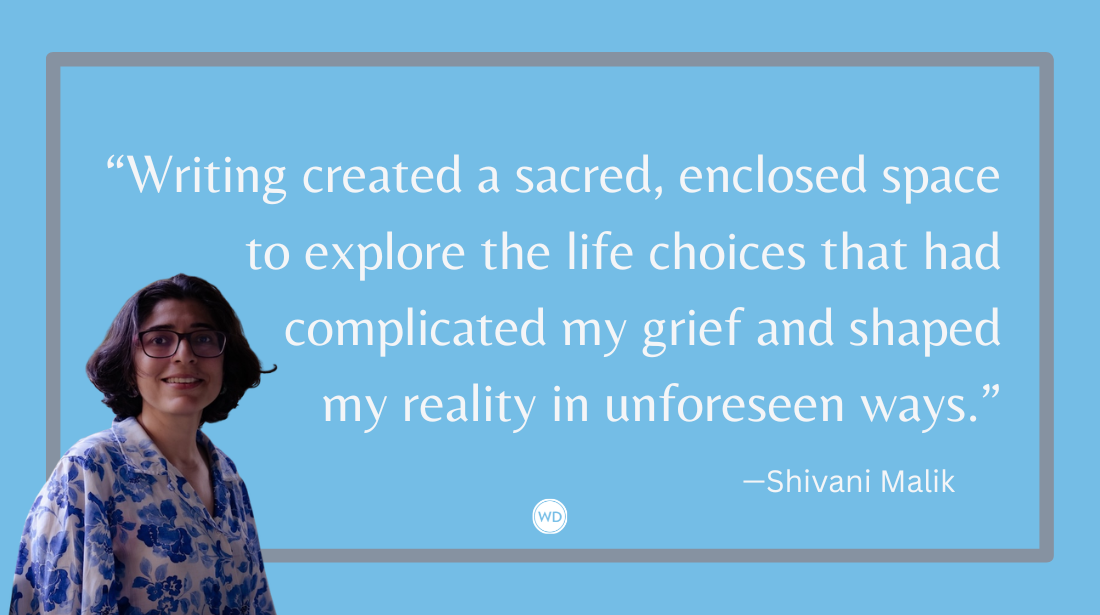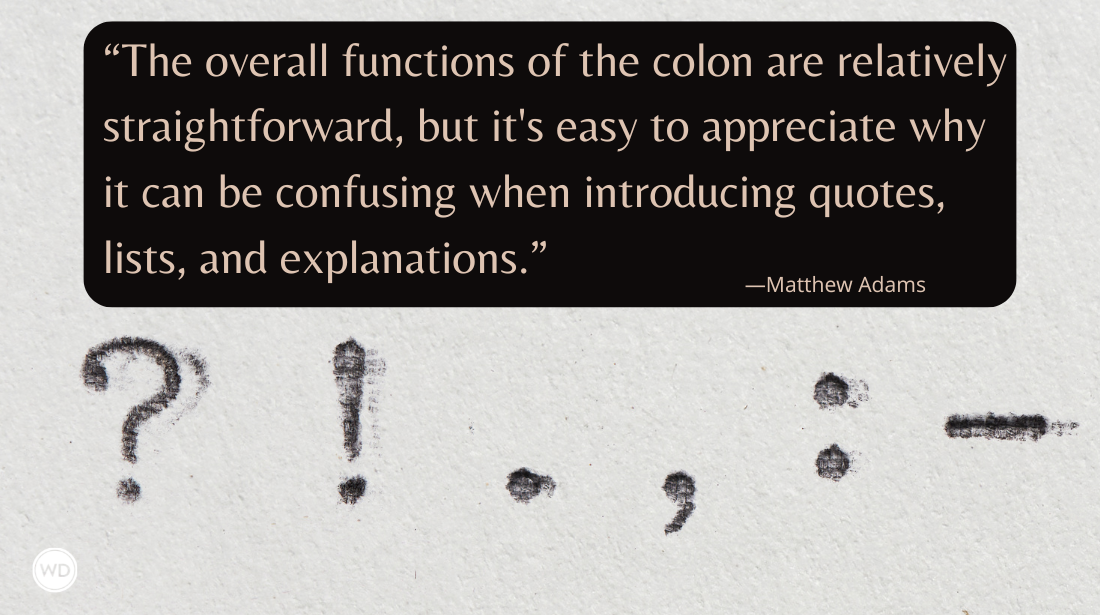When We Need More Than a Disclaimer for Memoir
Author Marsh Rose recounts the process of writing a personal essay that turned into a memoir and handling information of other people.
A Version Of the Truth asks a universal question: In this age of on-demand information, when we’re led to believe our desire for knowledge needs no limit, how do we cope with the unknown? The question is asked in a memoir that follows a 40-year-long relationship, but it began with a very different writing goal. As it evolved, I needed to consider the privacy and anonymity of the people in this story.
It began as an essay. I wanted to write about a phenomenon so typical of current Baby Boomer relationships in recent years. Many of us in the freewheeling 1970s had sidestepped traditional marriage and lifestyles and opted instead for informal live-in relationships. (We didn’t have the term “domestic partner” back then.) We were committed to one another, but our relationship had no legal anchor or even a name. Now, many of us in our 60s and 70s are coping with our partners’ health problems. While we may not be their “next of kin” in writing, our emotional ties bind us to them in sickness just as they did in health.
I had hoped to submit the essay to the New York Times “Modern Love” column, but as I neared the finish line of the final draft, my relationship in real time took a dramatic turn. It changed the course of my essay (not to mention the course of my life) and I felt that I now had a deeper message for readers. In fact, to best communicate that message, I would need to expand the essay and tell the story in a full-length memoir. That would mean writing about individuals I met along the way and their roles in my life.
In any work of memoir or autobiography or creative nonfiction, as responsible writers we’re always mindful of the need to protect the identities and privacy of the people in our story. It’s more than simply changing names and locations. We’ll include a clearly worded disclaimer, avoid disclosing sensitive or embarrassing material, we might ask permission from those we write about. But in the case of a story that covers this span of time, in my memoir some of the individuals had passed away and their survivors didn’t know me or about me, certainly some had forgotten, there were many with whom I had lost touch and probably wouldn’t be able to find. Since the story ends with a mystery, I was afraid readers might be tempted to search out and approach these individuals in a misguided attempt to solve the puzzle. So how would I remain faithful to the story without compromising the privacy of the characters on my pages?
I grappled with the conundrum for many long hours. And then, once I knew I had taken all the necessary precautions, and the publisher had approved my disclaimer, I thought about my typical reading audience. I know them as mature and responsible. They don’t follow the lives of media or entertainment personalities, and I didn’t think they would be tempted to track down any of the individuals in my story. Instead of prying, they would accept my invitation to step back and take an honest look at how they themselves cope with life’s mysteries and their own searches for the truth. I felt that this invitation would provide an additional layer of privacy for the individuals in my story.
Another more curious phenomenon faces us. It’s the possibility that some of our readers may believe they see themselves represented in our story when, in fact, they’re not. It can happen whether we’re writing fiction, fact, memoir, or even science fiction! My mentor, Marion Roach Smith (The Memoir Project) believes it’s almost inevitable that someone reading our work will think we’re writing about them or someone they know. They’re not stalkers, just average people who misidentify a character we introduce. I’m reminded of an especially harrowing incident when a former friend from college contacted me about a novel I had written and excitedly claimed that the entire book was about her, when in fact she hadn’t crossed my mind in years! At some point, we need to remember that once we’ve been responsible with our writing, we have no control over what our readers read into our words.
Instead of seeing A Version Of the Truth as a story about my relationship and the people in it, I believe readers will accept my encouragement to see that we all face mysteries at some point in our lives, and we need to decide how we’ll cope. Do we go on searching in vain, do we cling to denial, or do we get a version of the truth we can live with, and live with it? The key to my own peace of mind was the realization that some truths will never be known, and I needed to find a version I could accept. When the memoir was published, I felt satisfied that I had safeguarded the privacy of everyone in it.
Check out Marsh Rose's A Version of the Truth here:
(WD uses affiliate links)




